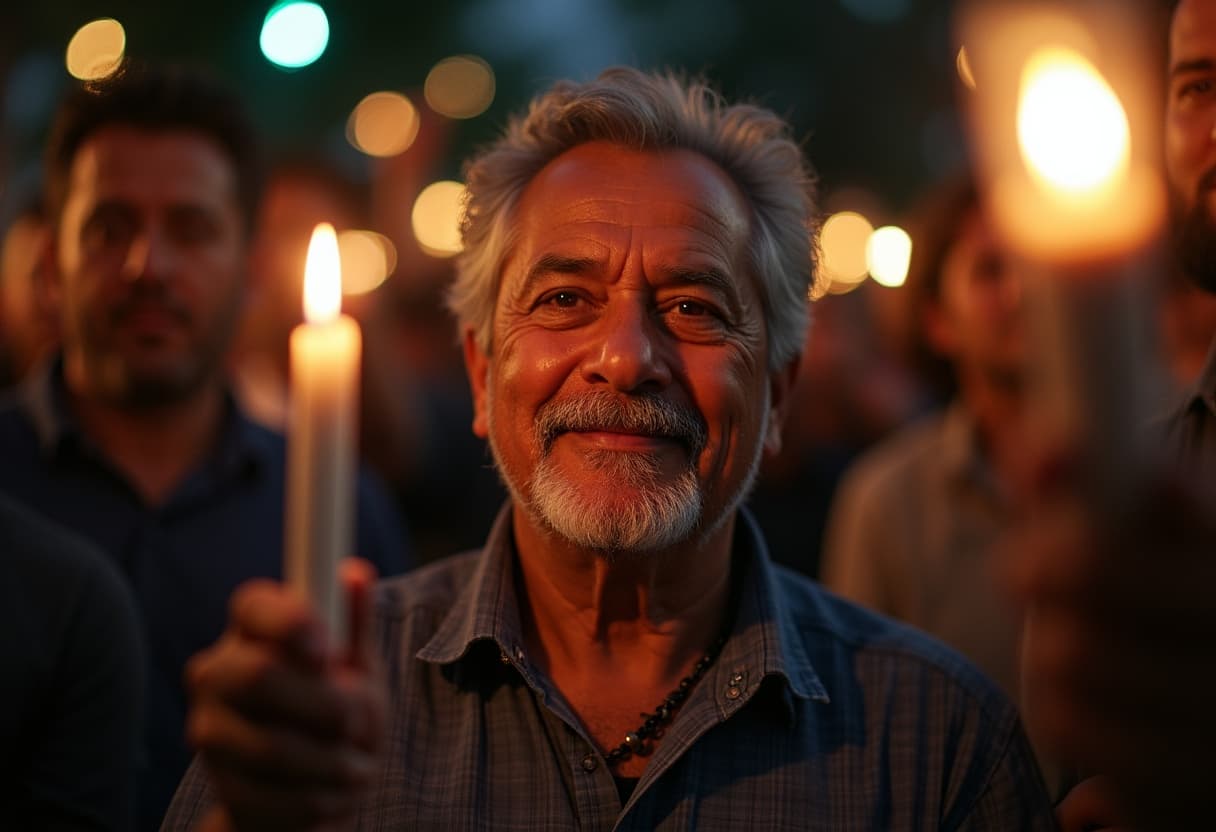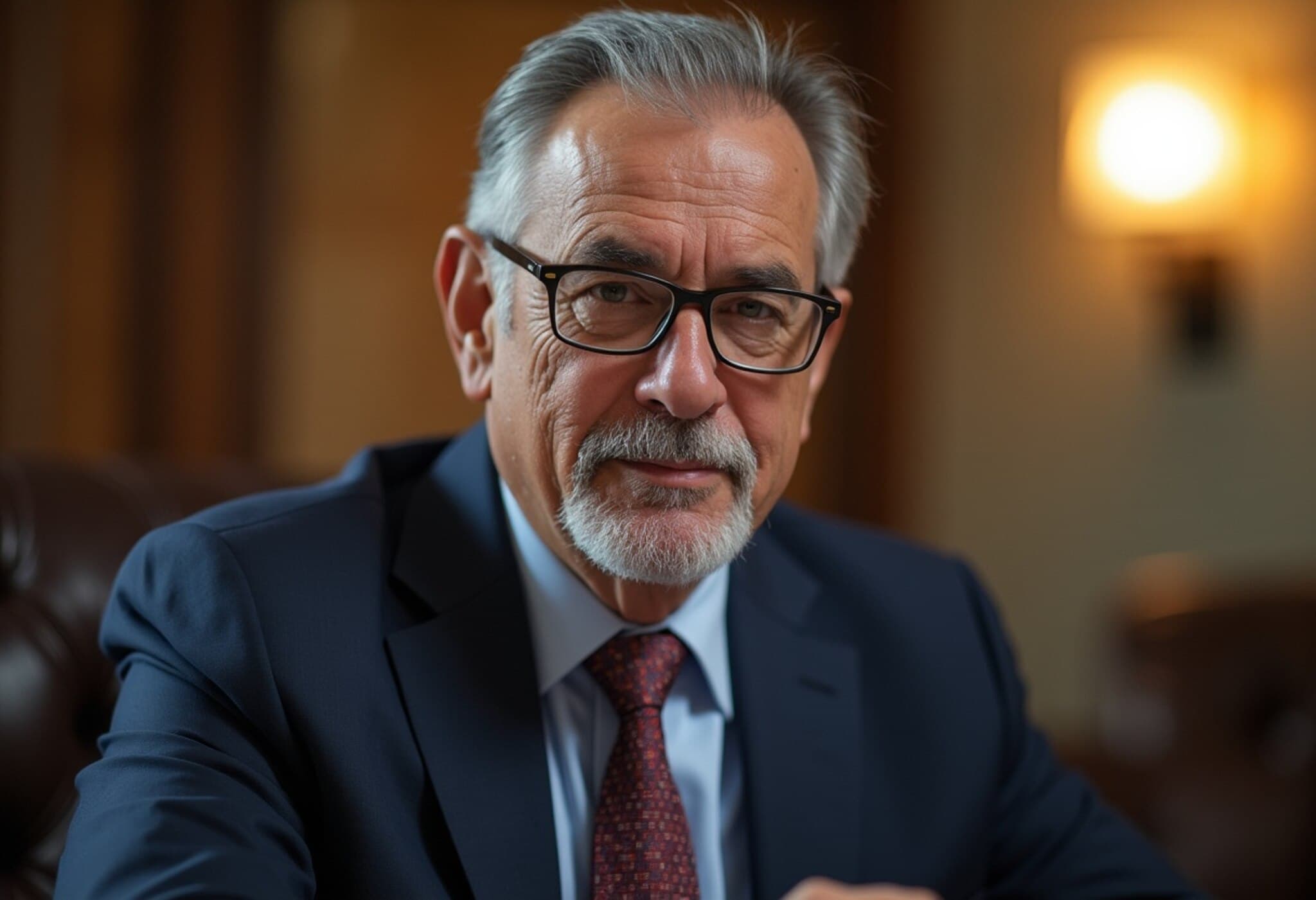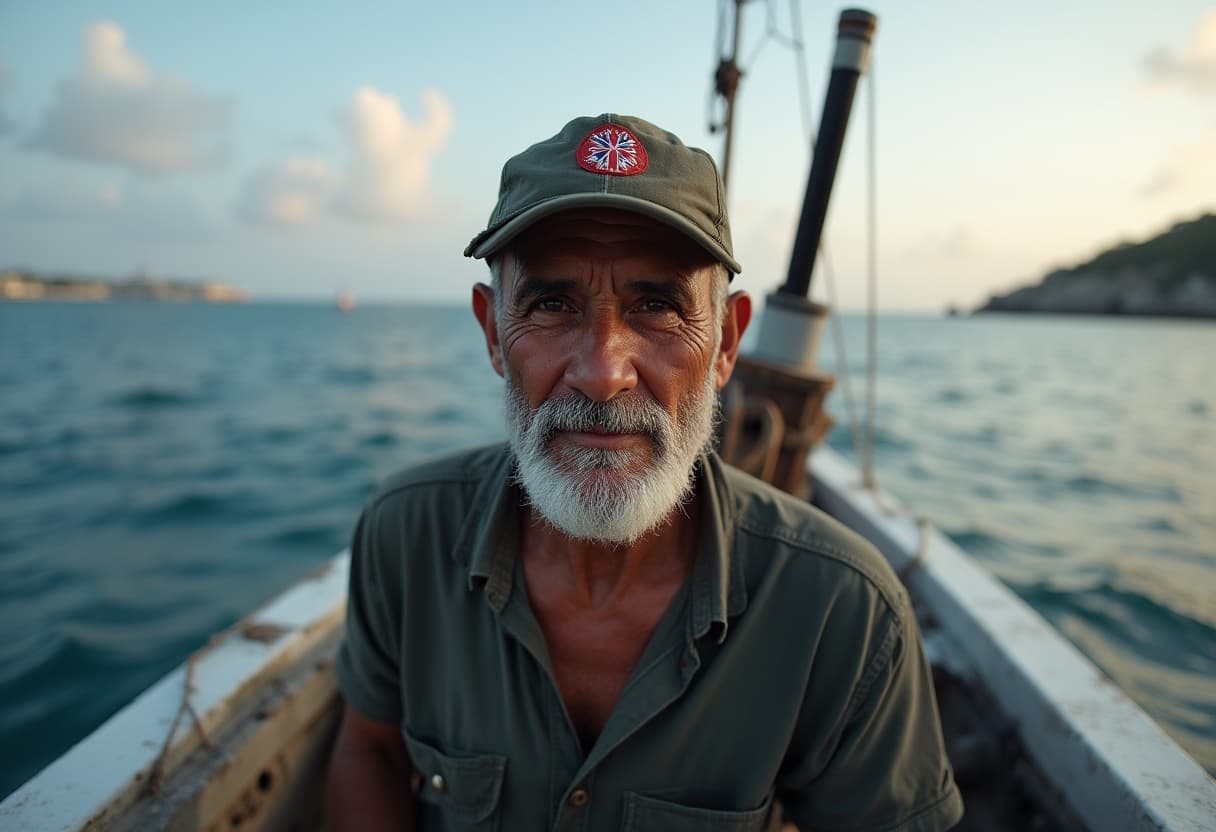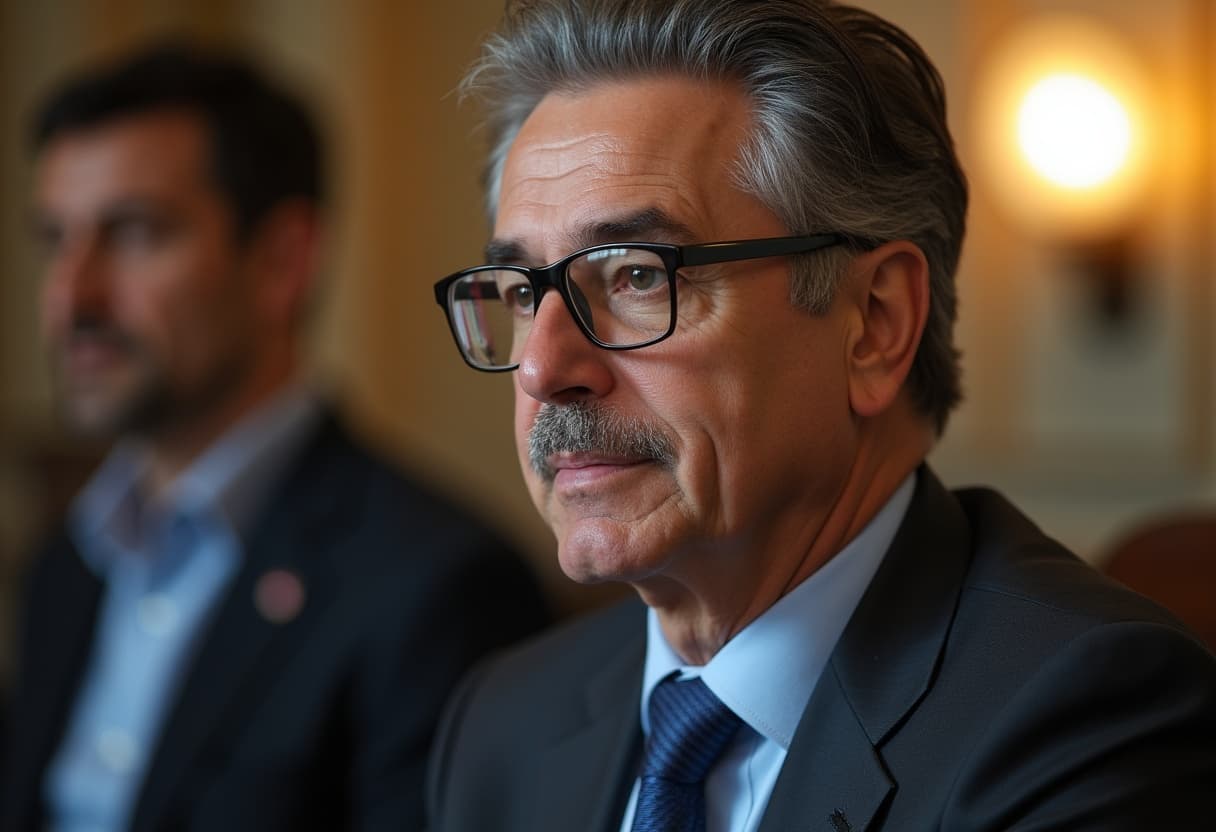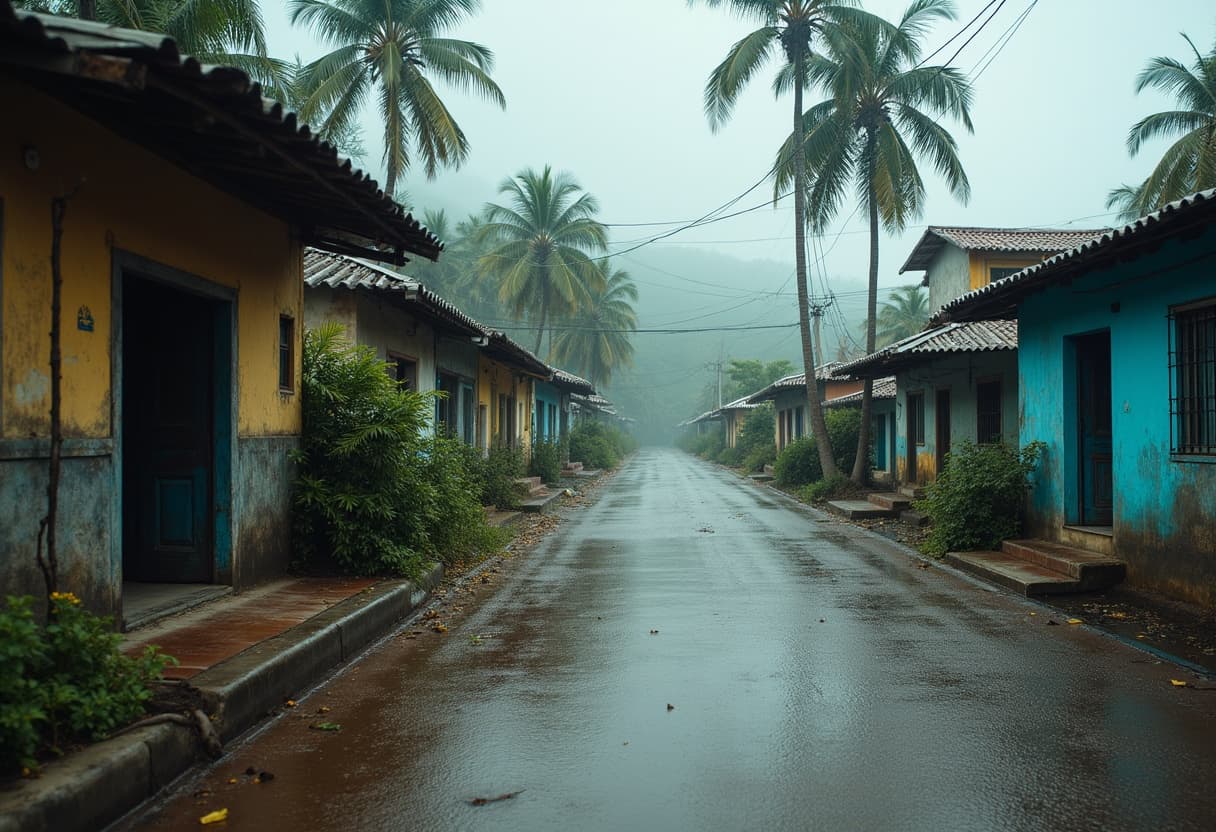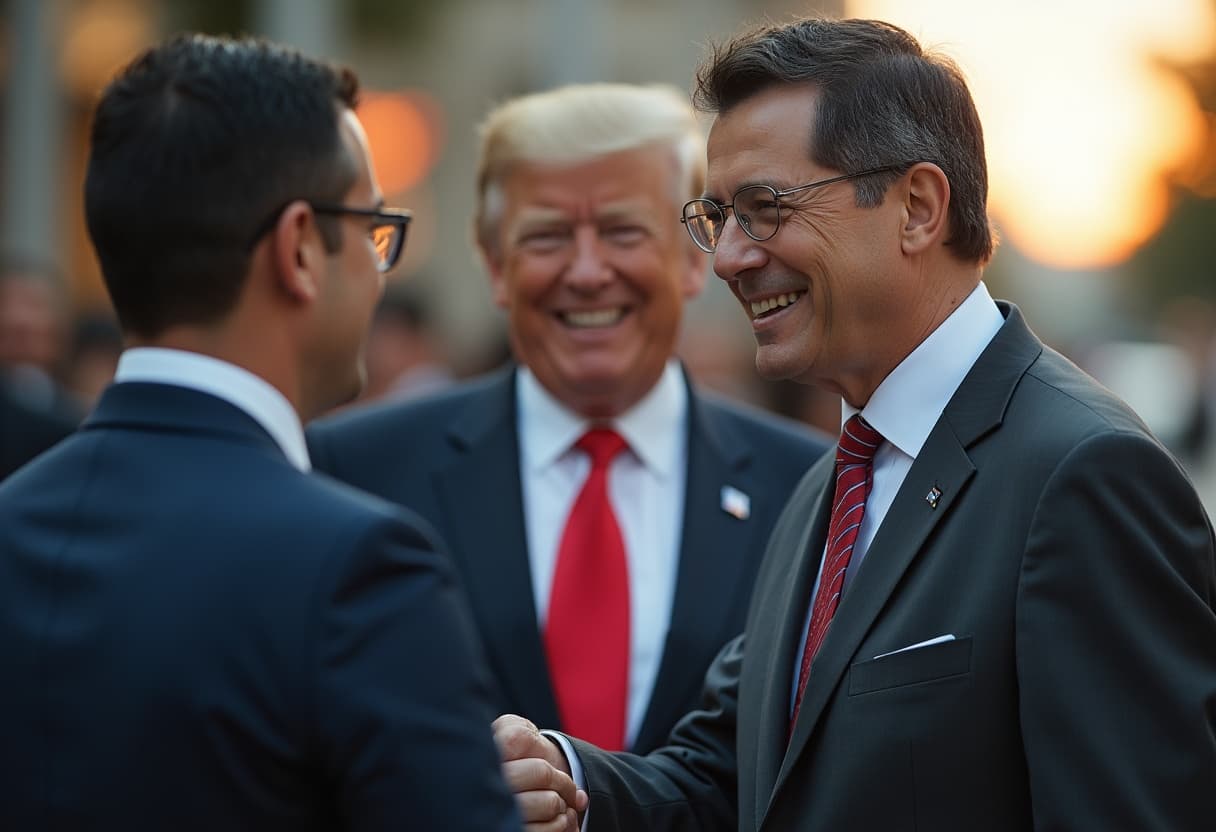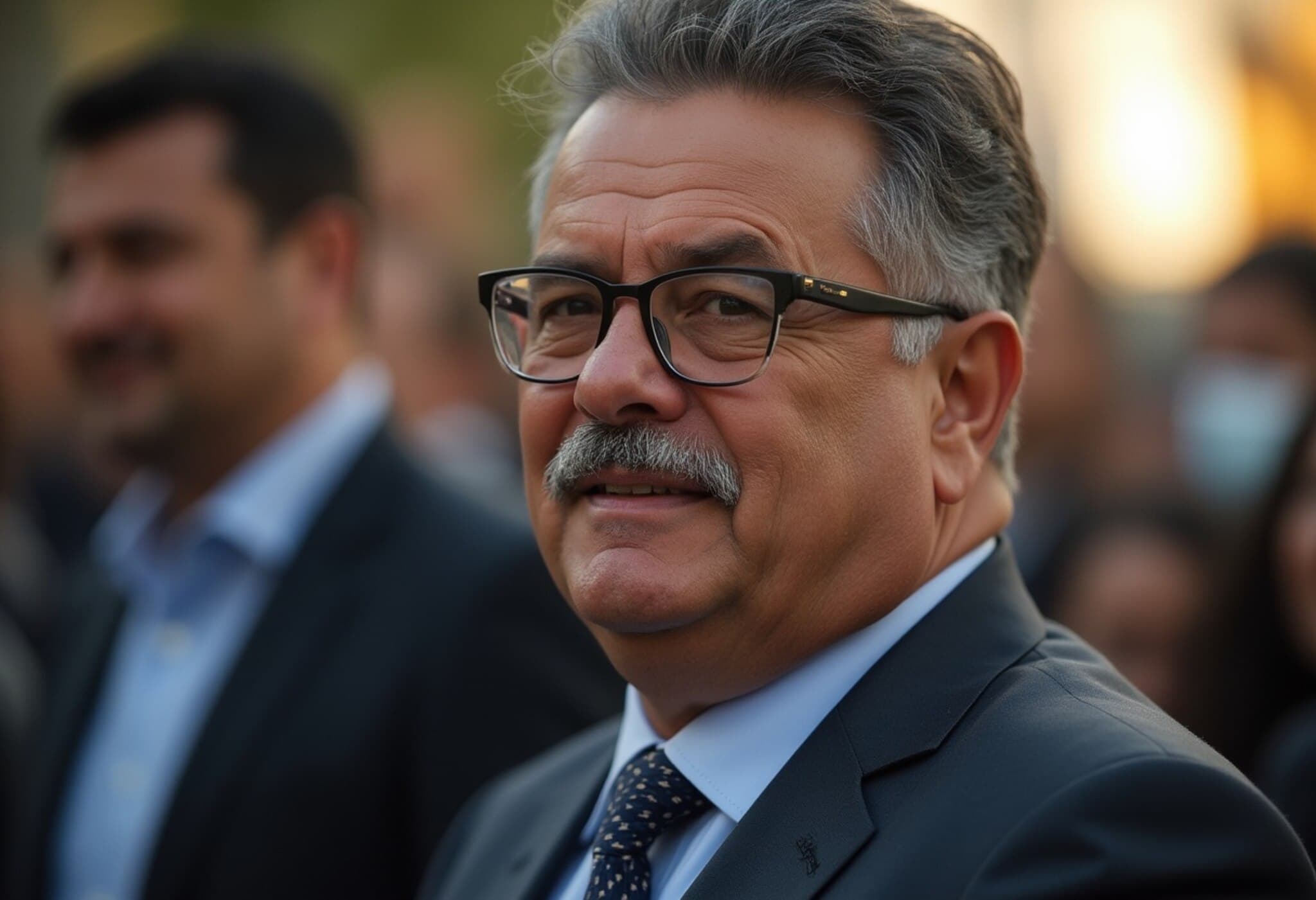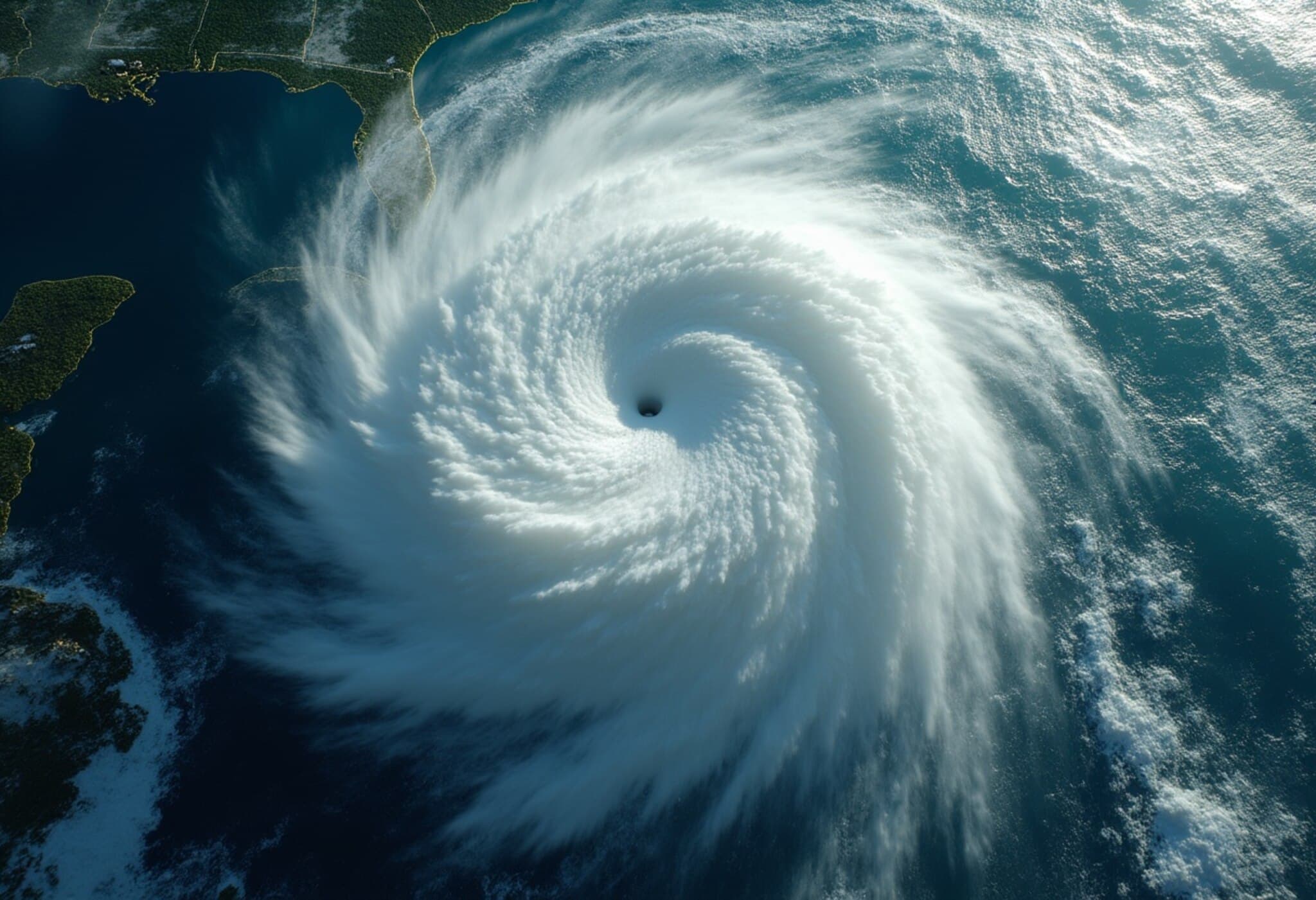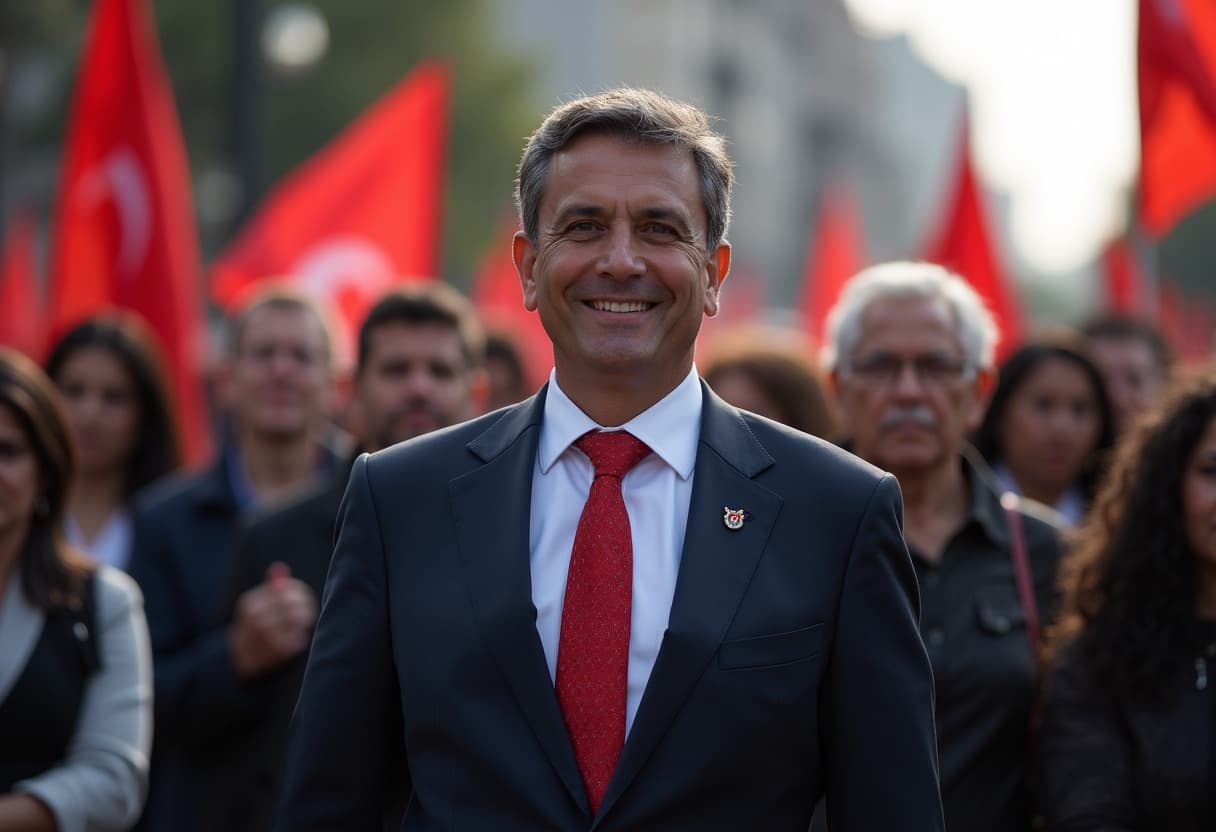Colombian President Raises Alarm Over U.S. Bombing of Boats in Caribbean
President Gustavo Petro of Colombia shocked the international community on Wednesday by asserting that at least one of the boats recently targeted and bombed by U.S. military forces in the Caribbean was carrying Colombian nationals. This revelation adds a new, deeply troubling dimension to an escalating series of lethal strikes carried out by the U.S. in a campaign aimed at disrupting drug trafficking routes.
“A new war zone has opened up: the Caribbean,” President Petro declared, stressing the urgent need for families of victims to come forward and demand accountability. Though he refrained from releasing further details about the victims or the precise circumstances, Petro’s statement underscores the real human cost of the U.S. military’s aggressive operations in a region rife with geopolitical complexity.
U.S. Military Campaign: Targeting Drug Trafficking or Fueling Regional Tensions?
Since early September 2025, the Trump administration has launched at least four fatal attacks against civilian vessels in the Caribbean Sea, resulting in 21 deaths. The official U.S. rationale frames these strikes as necessary to curb drug smuggling operations allegedly coordinated by Venezuela’s government under Nicolás Maduro, whom Washington accuses of leading a drug-trafficking terrorist network.
However, the strategy has met stern criticism from legal experts who question the legality of engaging foreign vessels in such a manner without clear international mandate or transparent evidence. As this is the first instance of a neighboring state openly confirming the deaths of its citizens in these strikes, the situation now raises urgent questions around sovereignty, human rights, and the adherence to international maritime laws.
The Human and Regional Impact: Colombian Citizens Caught in Crossfire
Colombia is the prolific source of most cocaine seized in the Americas, a fact well documented by the United Nations. Yet this new development—that Colombians were among those killed—shifts the narrative from abstract geopolitics to the tangible impact on ordinary people’s lives. Two U.S. officials corroborated that Colombian nationals were aboard at least one of the targeted boats, hinting at a chilling reality: innocent civilians or low-level participants may be perishing in these military operations.
President Petro, a left-wing leader nearing the conclusion of his term, has consistently criticized the Trump administration’s aggressive posture in the Caribbean and Latin America more broadly. His comments reveal frustration over the unilateral U.S. military approach, which risks exacerbating regional instability and alienating key allies.
Unanswered Questions and Legal Concerns
- What evidence does the U.S. have to categorically label those targeted as drug traffickers? Critics note the Trump administration has yet to present clear proof or legal justification for the strikes in public forums.
- How does international law frame such extraterritorial military actions against civilian vessels? The use of force without proper legal mandate risks violating maritime and human rights regulations.
- What protections exist for innocent civilians in drug-trafficking zones? The blurred lines between combatants and non-combatants in this context demand urgent scrutiny.
Moreover, Venezuelan leader Nicolás Maduro has condemned the U.S. campaign as a pretext for regime change, a claim that further complicates an already fraught regional dynamic.
Regional Stability at a Crossroads
The unfolding events in the Caribbean come at a time when Latin American nations face mounting challenges from narcotics trafficking, political polarization, and U.S. interventionist policies. The death toll and the involvement of Colombian citizens mark a critical flashpoint, spotlighting the need for multilateral dialogue, transparency, and adherence to international norms.
As the region watches closely, the key issue remains: how to balance the imperative of disrupting transnational drug networks with the equally pressing need to protect human lives and respect national sovereignty.
Editor’s Note
The recent revelation by Colombia’s President Gustavo Petro that Colombian nationals may have been killed in U.S. military strikes raises profound legal and ethical questions. It exposes the human dimension often lost in broader geopolitical conflicts—where casualties are not just statistics, but real families seeking justice. Going forward, greater transparency from the U.S. and stronger regional cooperation will be essential to prevent further humanitarian fallout and to ensure any anti-drug efforts comply with international law. Readers should consider the implications of extraterritorial military force and remain vigilant about the broader impacts on Latin America’s delicate political landscape.








